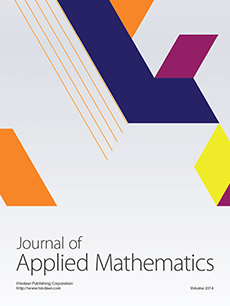Abstract
Teaching-learning-based optimization (TLBO) is a population-based metaheuristic search algorithm inspired by the teaching and learning process in a classroom. It has been successfully applied to many scientific and engineering applications in the past few years. In the basic TLBO and most of its variants, all the learners have the same probability of getting knowledge from others. However, in the real world, learners are different, and each learner’s learning enthusiasm is not the same, resulting in different probabilities of acquiring knowledge. Motivated by this phenomenon, this study introduces a learning enthusiasm mechanism into the basic TLBO and proposes a learning enthusiasm based TLBO (LebTLBO). In the LebTLBO, learners with good grades have high learning enthusiasm, and they have large probabilities of acquiring knowledge from others; by contrast, learners with bad grades have low learning enthusiasm, and they have relative small probabilities of acquiring knowledge from others. In addition, a poor student tutoring phase is introduced to improve the quality of the poor learners. The proposed method is evaluated on the CEC2014 benchmark functions, and the computational results demonstrate that it offers promising results compared with other efficient TLBO and non-TLBO algorithms. Finally, LebTLBO is applied to solve three optimal control problems in chemical engineering, and the competitive results show its potential for real-world problems.
Citation
Xu Chen. Bin Xu. Kunjie Yu. Wenli Du. "Teaching-Learning-Based Optimization with Learning Enthusiasm Mechanism and Its Application in Chemical Engineering." J. Appl. Math. 2018 1 - 19, 2018. https://doi.org/10.1155/2018/1806947
Information





